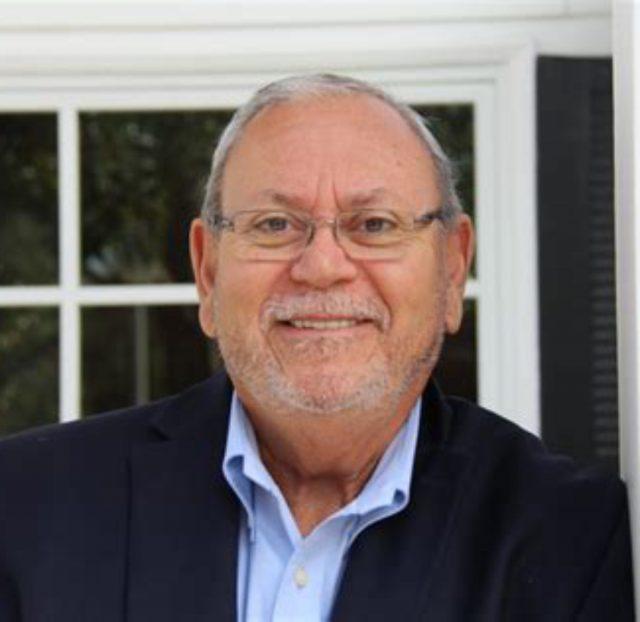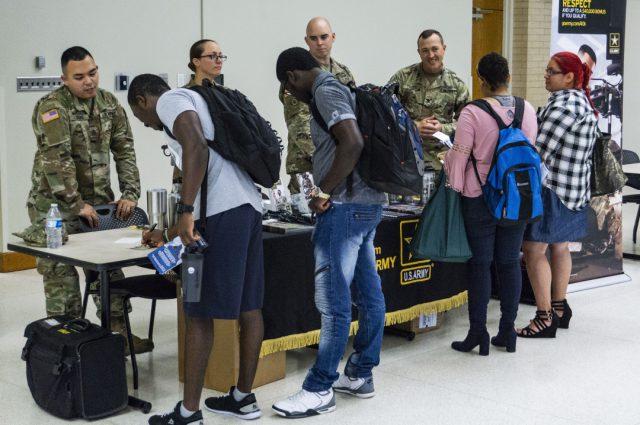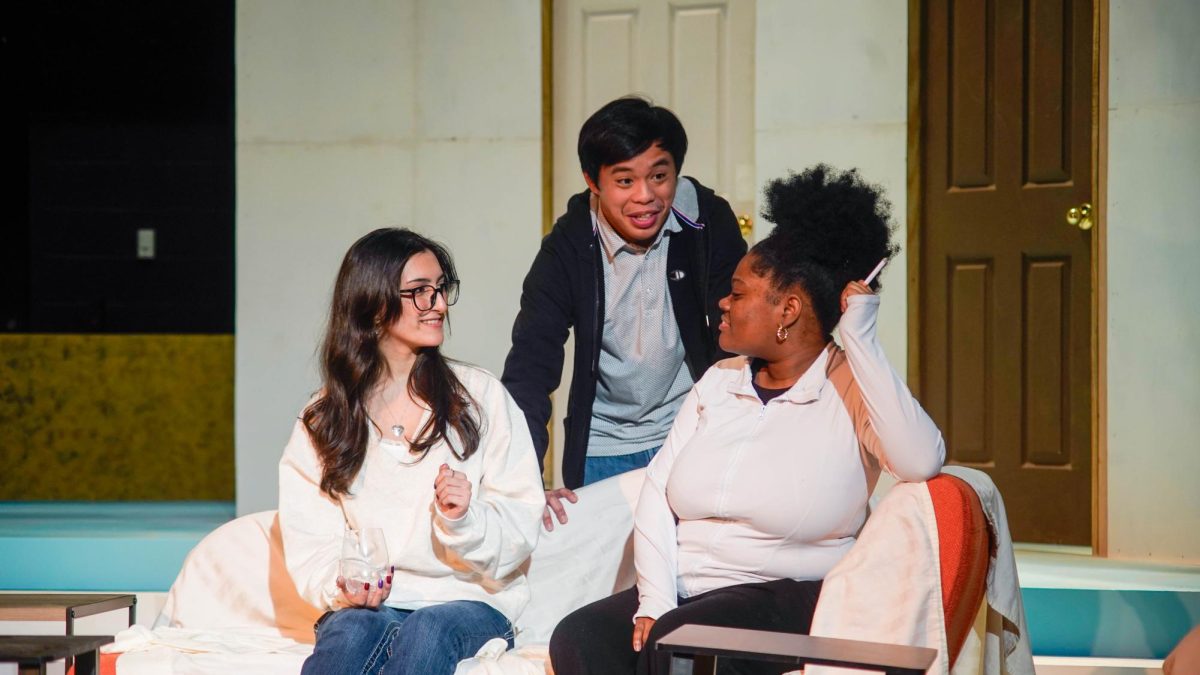By Kathryn Kelman/editor-in-chief
A month before Martin Luther King Jr. was killed, Jose Angel Gutierrez was in a meeting with him and several other activists discussing a new civil rights campaign that would encompass more groups of minorities beyond African Americans.
Gutierrez is somewhat of a legend, but the fourth and final living horseman is real and will be on SE Campus Sept. 20 to discuss his years of activism and the importance of Hispanic Heritage Month, something he fought for.
SE’s government, world languages and student activities departments partnered with the TCC Democracy Commitment to host him, said SE government instructor Olivia Llanes.
Llanes shows the 1996 PBS documentary “Chicano!” in her classes, which features Gutierrez and other prominent activists fighting for a voice in government in the ‘60s and ‘70s
“I wanted my TCC students to have the opportunity to meet someone that was living during the poll tax,” she said.
She also wanted her students to learn about his struggle of registering individuals to vote and the difficulty getting Hispanics elected into public office.
Born in 1944, Gutierrez grew up in a time when Mexicans and Mexican-Americans in Texas and the Southwest attended separate schools and avoided public facilities and restaurants that were still designated “Whites Only.”
Despite the limits of segregation and the rural culture in Texas, Gutierrez’s optimism, hunger for power and passion to undo injustice led him to make great strides regarding the plight of Hispanic communities in the U.S.
“Dr. Gutierrez has been a leading Chicano activist and political leader not only in Texas, but also in 16 other states, along with D.C,” Llanes said. “He was one of the co-founders for the political party La Raza Unida in order to raise public consciousness of Chicano civil rights issues.”
Gutierrez has also served in public office as an elected trustee and president of the Crystal City Independent School District, the Urban Renewal Commissioner for Crystal City, Texas, the county judge for Zavala County, a commissioner for the Oregon Commission on International Trade, an administrative law judge for Dallas and was a member of the Dallas Ethics Commission. He is also a former University of Texas at Arlington professor.
“During the years he taught at UTA, he encouraged Latinos to succeed and founded the Center for Mexican American studies at UTA,” Llanes said.
Among his many accomplishments, Gutierrez worked with the likes of Cesar Chavez, Dr. King, Malcolm X, Lyndon B. Johnson and more.
He was shot at, kidnapped, and even had a Texas Ranger assigned to kill him, but he learned early in his life how to handle situations of powerlessness because of discrimination.
He learned an important lesson his junior year of high school when he, as the first Mexican class president, was helping plan the senior class’ prom, and his hero at the time, the school’s principal, called him into his office.
“He said ‘Gutierrez, we can’t have this race mixing. You’re not going to have these boys and girls mixed,’” he said. “And he wadded up the paper I submitted to him with the selection of who the prom servers were, and he pulled out a white piece of paper and drew a line in the middle and put Mexicans on one side and whites on the other and he said ‘Here. This is what you’re going to have,” he said.
Gutierrez argued with his principal telling him it was wrong and not how democracy works. He threatened to pull the class together and tell them what the principal had done at which point the man stood up, towering over Gutierrez and told him if he wanted to finish school he would do as he was told.
“I didn’t know what the word impotence meant then. I know what it means now, but that’s what I felt,” Gutierrez said. “I felt empty and powerless and helpless.”
Faced with the choice of standing up for what he believed in or being expelled, Gutierrez chose to finish school.
“I had to swallow it, and I’m not one to swallow crap,” he said. “I’m just not built that way. If I see injustice I want to fix it. If I see a problem I want to correct it.”
He told himself he would return to the school in six years and fire his former hero, which is exactly what he did.
“I finished college and went back to organize a walkout, and he was one of the first ones that I got the superintendent to fire,” he said.
Despite not knowing what impotence meant yet, he learned then that the way to fight it was by coming up with a plan and channeling that rage into finding a solution.
Gutierrez went on to repeat this pattern countless times as an activist and as an educator in higher education, though the circumstances and solutions changed throughout the years.
Eventually, Gutierrez ended up in the crosshairs of the Texas Rangers involving voter registration and the poll tax. Oh, and that time he was shot at, which he promises to go into in more detail during his presentations at SE.
For Hispanic Heritage Month, Llanes said she felt it was important to help educate the community about the struggles minorities faced when fighting for a voice in government. Llanes wanted to bring Gutierrez to the campus to do just that.
Llanes said listening to Gutierrez speak is inspirational and motivational like it would be to hear other civil rights leaders speak and said, “It is important to remember — and to many students, to know — the struggles of activists and what they accomplished.”
Gutierrez will present 11:30 a.m. and 6 p.m. Sept. 20 in ESED 1212 on SE Campus. For more information, contact Llanes at olivia.llanes@tccd.edu or 817-515-3068.
































